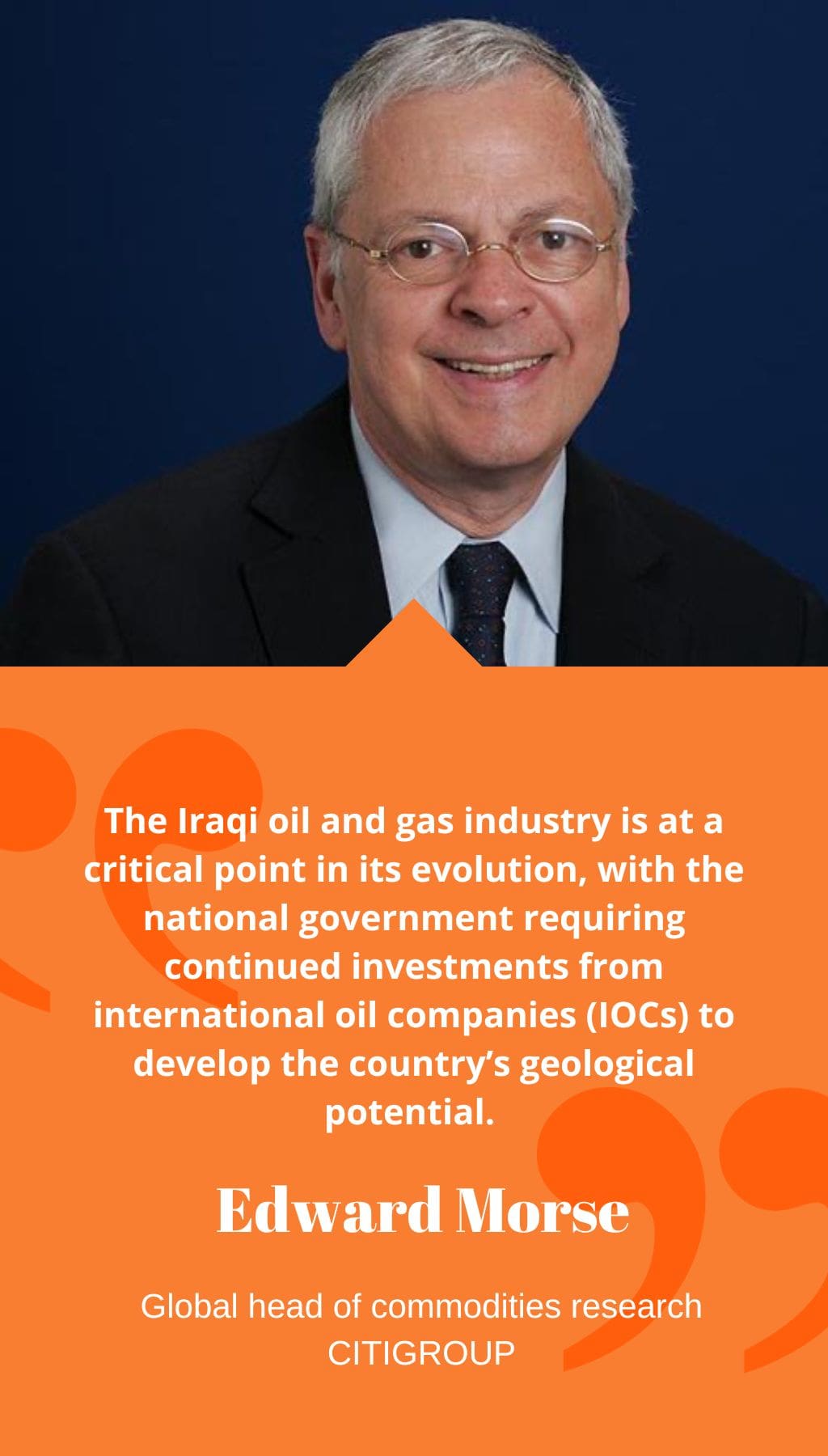
- Iraq | 20 October 2014

Can you provide an assessment of the state of the Iraqi oil and gas industry?
As long as Iraq’s territorial integrity remains intact, the country has the potential to increase its oil production by 2 million barrels per day, or even more, by 2020. However, this will require better relationships between the Kurdistan Regional Government (KRG) and Baghdad, as well as an improvement in contractual relationships between companies and the national government. Although tighter security measures are needed, the amount required is not as much as you might think.
The Iraqi oil and gas industry is at a critical point in its evolution, with the national government requiring continued investments from international oil companies (IOCs) to develop the country’s geological potential. Unfortunately, the government has had difficulties in settling on a suitable contractual arrangement with IOCs. Most of the frictions have been based on the government’s preference for service contracts rather than contracts that would yield higher returns for companies. This preference is a holdover from the first licensing round in 2008-2009 when the Iraqi oil and gas industry was structurally strong.
Why has it taken more than five years before a discussion on the most appropriate contractual arrangement began in earnest?
IOCs were surprised at how difficult operating in the country became and how reluctant the government has been to make the contracts more attractive to the oil and gas industry. In Iraq, service contracts are appropriate when there is no exploration risk, but with the current market risk for IOCs in a lower price environment, this is no longer the case. Moreover, there is incremental risk associated with the government itself and its inability to provide appropriate infrastructure due to a lack of cash. Corruption has also hampered the process of expanding infrastructure and implementing new regulation.
How do lower oil prices factor into the need to change the contractual arrangements in Iraq?
Low oil prices have reinforced the pressure for change on Iraq’s operating environment, as a shift in the contract system is required to continue attracting new capital. In a low-price environment, the bargaining power between host countries and companies moves away from the host government. The evolution of the energy industry in Iraq will depend not only on security on the ground but also on the speed with which the Iraqi government responds to competition for capital from around the world.
The KRG offers production-sharing contracts, which is an appropriate model for this low-price environment and is one of the reasons they succeeded in attracting capital. The challenge lies in whether the current bargaining relationship between the KRG and Baghdad is sustainable. If low oil prices spur Baghdad to adopt contract forms that more closely resemble those of the KRG, this may also resolve some of the revenue sharing issues between the two political entities. This would be a boon to the future integrity of Iraq’s oil and gas industry, not only for the production system but also for the export system.
What are some of the obstacles to smooth project financing in Iraq?
The most difficult problem comes from politics within the country itself rather than from the oil and gas industry versus the government. You need predictability in terms of knowing who will finance and guarantee the integrity of an infrastructure project. A stable government is not necessary to foster the exploration of resources, but predictability is crucial.














